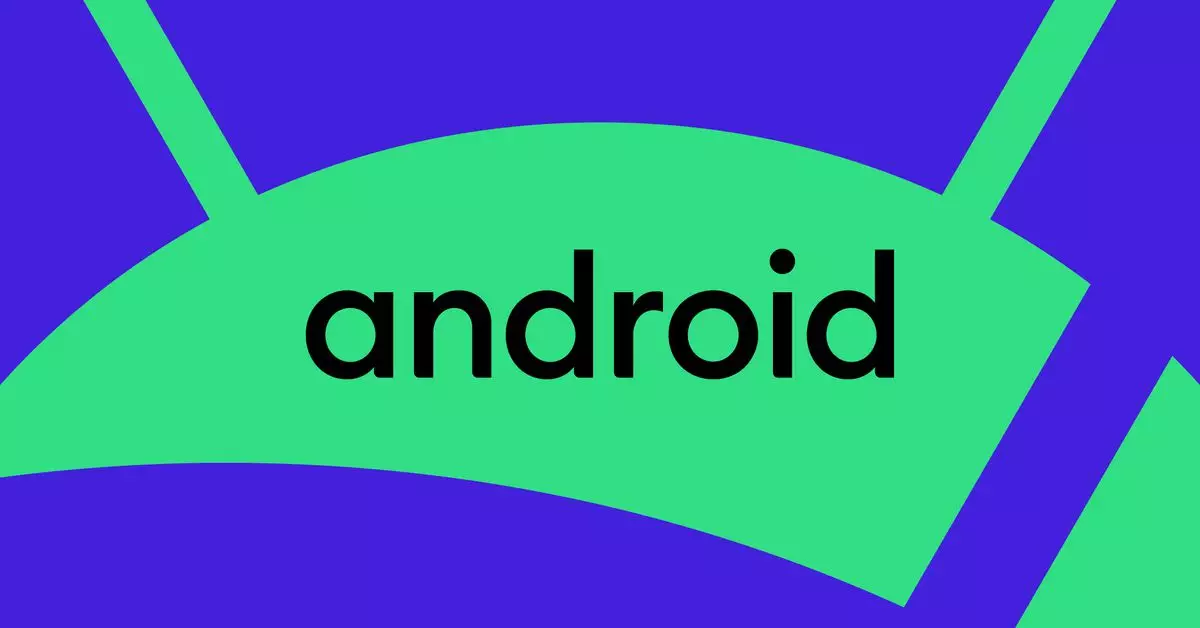In an exciting shift for Android enthusiasts and developers alike, Google has announced a significant departure from its traditional fall release schedule for major Android updates. Through its revised timeline, the tech giant aims to enhance the accessibility of new features and improvements, ensuring that users are not left waiting for system updates that can often take months to propagate across various devices. This strategic decision is anticipated to benefit not only Google’s own Pixel phones but also a multitude of third-party manufacturers that utilize the Android operating system.
Historically, Android updates would typically grace the tech landscape every fall, with extensive beta testing preceding the full release. However, as reported by Android Authority, Google has opted to unveil Android 16—its next major operating system iteration—in the second quarter of 2025. This move is designed to synchronize with new device launches across their ecosystem, which could facilitate a smoother rollout of updates. By introducing this new timeline, Google aims to ensure manufacturers can debut their devices equipped with the latest software from day one, minimizing the frustrating wait times that have plagued users in the past.
In conjunction with the announcement of the new update schedule, Google is also placing a spotlight on enhancements to its Play Store. Users will soon be able to share their app preferences in the same manner they currently do for games, allowing for more personalized recommendations. By refining the Play Store experience, Google is showing its commitment to user satisfaction and engagement, recognizing that improved app discoverability can significantly elevate the overall Android experience.
Another exciting aspect of the announcement is the integration of advanced AI features via Gemini in Android Studio. Developers will soon have access to tools that allow them to effortlessly write, refactor, and document code, streamlining the development process. As software complexity grows, the necessity for AI-enabled development tools becomes increasingly apparent. By infusing the development environment with AI capabilities, Google not only enhances productivity for developers but also indirectly benefits users by enabling the quicker delivery of robust applications.
The forthcoming changes are especially relevant considering the longstanding critique that third-party Android devices face in obtaining timely updates. While Google’s Pixel devices receive the latest changes and features promptly, other manufacturers often grapple with delays. The newly announced schedule aims to rectify this issue, potentially boosting the competitive landscape for Android devices. If widely adopted by manufacturers, this could foster an ecosystem where users can anticipate regular updates, aligning closely with the continuous evolution of technology.
Google’s adjustments to the Android update timeline, along with enhancements to the Play Store and development tools, signal a pivotal change in the approach to user experience and developer engagement. As we move closer to 2025, the anticipation surrounding these changes highlights the importance of timely updates in a fast-paced digital world, ultimately benefitting both developers and end-users.

